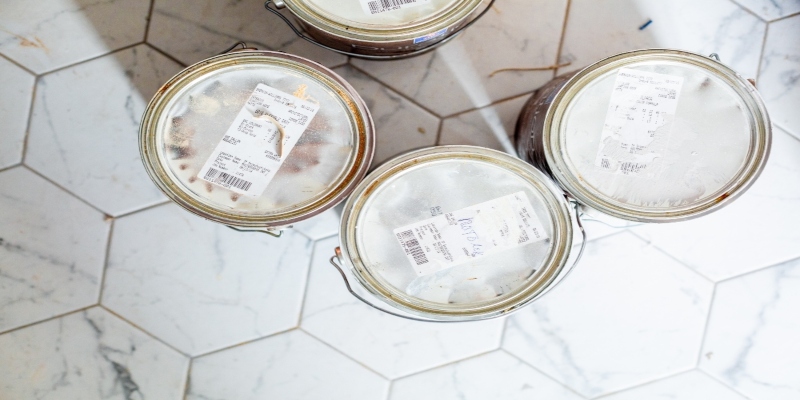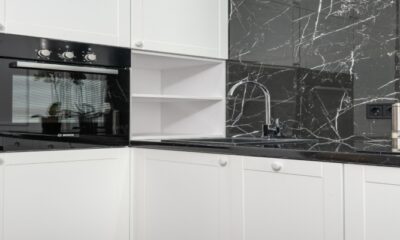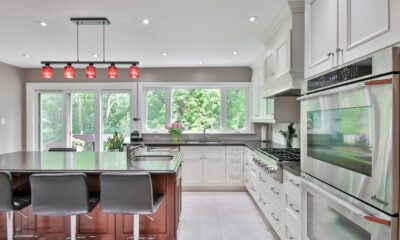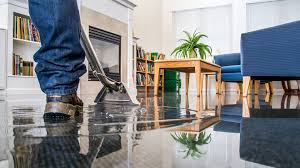Home Improvement
Home Improvement Choices That Are More Efficient
Here are some of the best home improvement options for those who want to improve their overall efficiency.

The image source is Pexels.
When you are trying to improve your home, it is important to concentrate on practical value. Many people choose to focus on aesthetic value, and it is important to give your home a pleasing appearance. However, there is no reason that you shouldn’t make your home more efficient in the process. Here are some of the best home improvement options for those who want to improve their overall efficiency.
Power Conditioners
If you’ve ever used a gas-powered generator, you might be familiar with power conditioners. These are devices that regulate the flow of electricity and process it into a consistent signal. These are important when using gas-powered generators because generator power isn’t always consistent. When the voltage, amperage, etc. go up and down, sensitive electronic equipment can be damaged. They also allow you to reduce your electric bills. So, how does this help you save electricity? Well, it’s quite simple. That power conditioner acts as a surge protector/power strip, except better. Unlike a power strip, it will prevent your devices from using power unless they are turned on. Normally, any device which is plugged into the wall will draw a small amount of power. It’s a tiny amount, but when you multiply it by the number of plugged devices in your home, it’s not so tiny. If used correctly, power conditioners can significantly reduce your electric bills.
Better Insulation
The single biggest user of electricity in any home is the heating and cooling system. Whether you are heating or cooling your home, a well-sealed home is preferable. Otherwise, the hot or cold air will tend to leak out, being replaced by air from the outside. Then, your heating/cooling unit will have to work harder to make up the difference. That’s why insulation can make such a big difference. Basically, you want to look for areas in your home that are not properly insulated and fix them. Or, if your insulation is too thin, you can always add another layer. Some inexpensive spray foam sealer is a good way to get those little cracks and gaps, but it’s only good for small breaches. Strips of adhesive-backed foam can also be used for cracks and gaps.
Grass Products
When we talk about efficiency, we should talk about water usage. Water bills don’t tend to be ridiculously high, but there is still no reason to be wasteful. Besides, frequent watering of a large lawn can certainly cause those water bills to increase. As such, artificial grass products such as turf are a good alternative. At the very least, it can be used in certain areas where grass doesn’t naturally grow well. There is basic turf, but there are also many special varieties. For example, some of it is better suited for pets and/or rough activities. Some other types can be used to create an outdoor putting green, provided you have the space to do so.
An Evaporative Cooler
Many homes are already equipped with a cooling device known as an evaporative cooler. However, most of these are meant to work in combination with standard Freon-powered air conditioners. A stand-alone evaporative cooler can be a great way to save on those expensive summer air conditioning costs. The technology is based on a simple principle and is very ancient. The Egyptian Pharaohs were sometimes depicted with jars in front of them. We can see people (presumably slaves) fanning the jars with palm leaves. The principle works like this: When you move air over (or through) a wet surface, its temperature is reduced by as much as 30 degrees. There are many stand-alone evaporative cooler options, both improvised and commercial. They use far less electricity than their Freon-based counterparts.
Conclusion
This writer can vouch for the effectiveness of all these methods. These are not presented as theoretical concepts. All of them have been tested by myself and all of them have produced significant improvements in home efficiency. In particular, we have focused on utility costs, but only because they are universal. Chances are, your home uses other resources as well. As such, you can probably figure out ways to streamline your usage of those secondary resources. We hope that our advice has been helpful to you.







